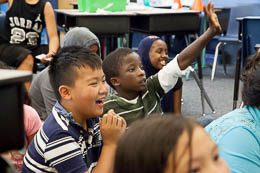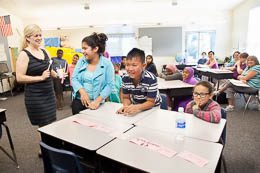South Shore Stories – Providing Wraparound Support for Students
League of Education Voters works with Seattle’s South Shore PreK-8 on their preschool, social emotional learning, and student supports. This blog series focuses on how South Shore engages students who come from a background of trauma.
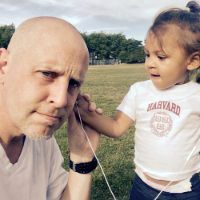
By Justin Hendrickson, South Shore PreK-8 Assistant Principal
Guest Blogger
School is an experience that most Americans can relate to. These school experiences, whether public or private, help shape our perception of what a school should be. As our country becomes more and more diverse, the need to diversify supports available at a school have increased as well. Schools have become so much more than places that focus solely on academics, although academics is often the only parameter of how schools are judged.
Many schools in under-served communities often provide meals to the majority of their students. They may also offer social and emotional supports in the form of a school counselor or a Family Support Worker. Here at South Shore, we have decided to prioritize the social and emotional supports of our most vulnerable students. We have done this by reallocating both district funds as well as outside resources to focus on building strong relationships within our school building.
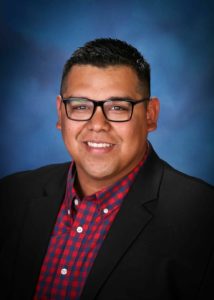
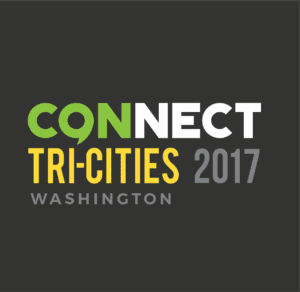


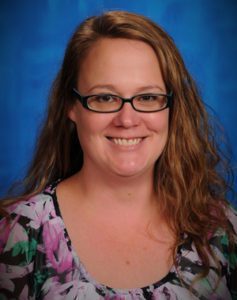
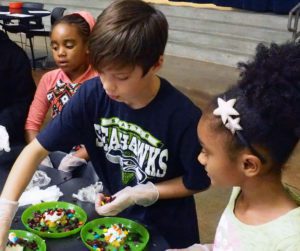 Kids Co.
Kids Co.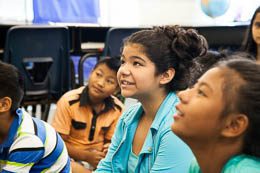 The Tukwila School District, one of the most diverse in the country, is in its third year of training elementary school teachers to engage English Language Learner (ELL) students in an innovative way.
The Tukwila School District, one of the most diverse in the country, is in its third year of training elementary school teachers to engage English Language Learner (ELL) students in an innovative way. 